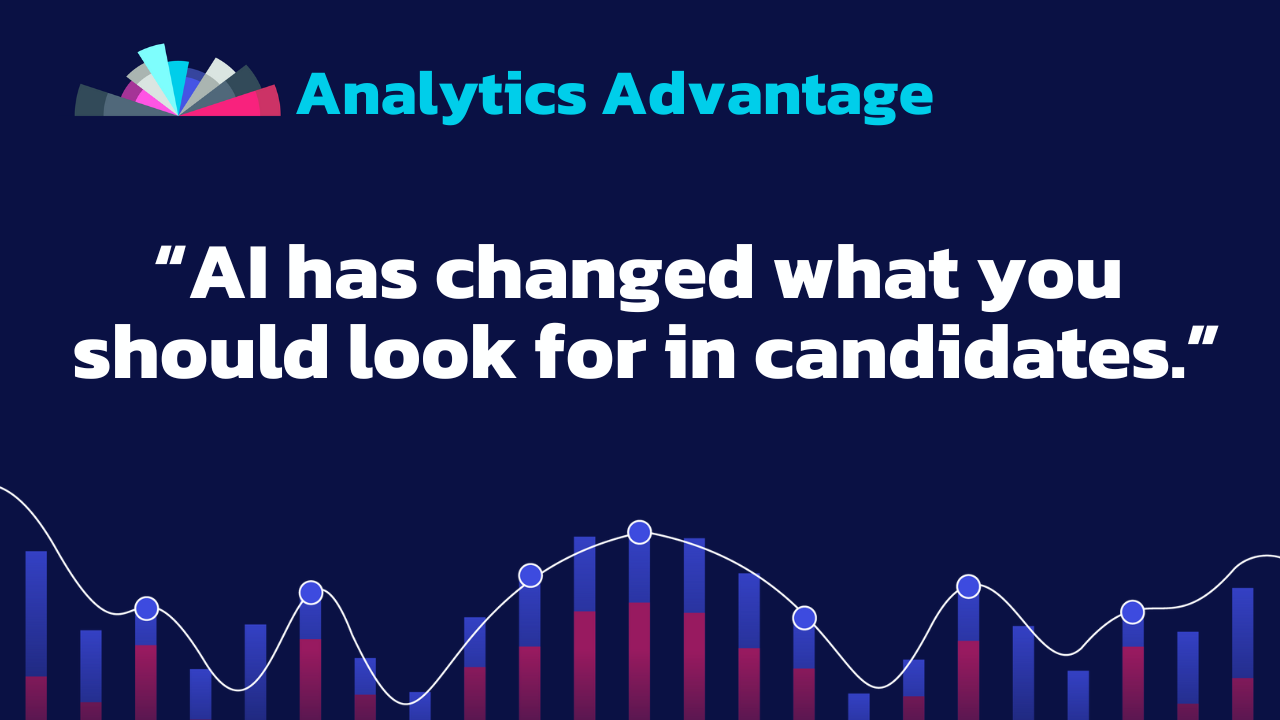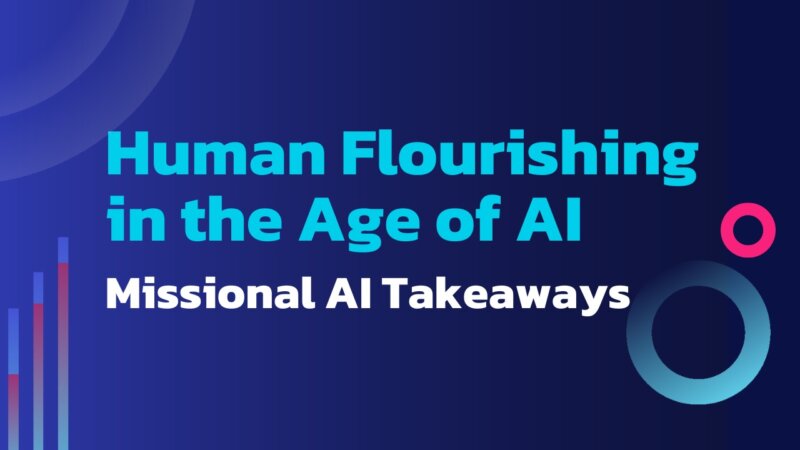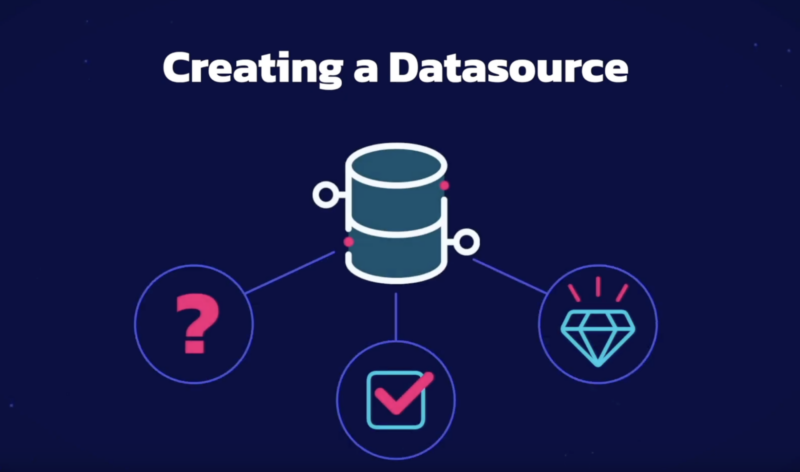
Newsletters
Building Your Team in the Age of AI
Creating data teams, like everything else, is being fundamentally affected by AI. The age of artificial intelligence has leveled the technical playing field for many roles.
There will always be the unicorns who have a deep knowledge of, say both diaper manufacturing and stochastic models. But for most roles, AI closes the gap between top performers and fresh-out-of-school hires.
In this week’s Analytics Advantage, we’ll examine the fundamental changes in building data teams in the age of AI:
- Discernment
- Taste
- Friction reduction
- Hiring is a one-way door
Discernment > Raw Skill
Just as AI has overhauled how we acquire knowledge, it has also dramatically changed what you should look for in candidates. Many of the needs are now much “softer” or non-technical. The biggest one that I see a need for is discernment.
“AI has dramatically changed what you should look for in candidates.”
When the ability to create is much easier, the question shifts to: “What’s the best approach to building this solution? Is this worth building at all?”
I’m a Jurassic Park nerd, so this line, delivered by Jeff Goldblum’s character, Dr. Ian Malcolm, sticks with me: “You were so preoccupied with whether or not you could, you didn’t stop to think if you should.”
Discernment also extends to speed. How quickly can the person determine if an idea is valuable or not? In an age where effort can be scaled for less, it is important to evaluate whether a potential candidate can find the right solution faster than others.
In order to find candidates with discernment, I would ask questions about:
- How do they evaluate multiple choices?
- How do they prioritize projects and ideas?
Full Disclosure: I’m no HR expert, so run these ideas by your HR dept.
If it’s allowed by HR, include these activities in your interview:
- Ask them to solve non-technical puzzles or riddles. Faster problem solvers will excel in the age of AI.
- Provide them with 10 ideas, have them prioritize the list live, and justify their decision. Time box the activity to create a sense of urgency and observe how they perform under pressure.
Taste Matters
Discernment and taste are cousins. They have similar, but distinctive roles. Discernment is about strategy. Taste is about standards.
I’ll be honest. When it comes to the creative side of things, I don’t have a lot of taste in that realm. I’m too much of an engineer. The creative team that helps produce this newsletter every week has far better taste than I do. But when it comes to data and solutions, I do my best to be both discerning and tasteful when releasing the final deliverables.
Data leaders need to look for the same thing in their hires.
Measuring taste is admittedly hard. It’s not an objective number that can be assigned (although I’m sure people have tried).
Ask these questions to find hires with taste:
- How much time do you spend on the “hidden” parts of a project that take it to the next level?
- How do you negotiate between high standards and the need to move quickly?
Friction Reduction
In the age of AI, look for people who are like sandpaper. No, not gruff or difficult to work with, but who reduce friction. Look for people who can create a coherent, resilient solution, rather than one that “just gets it done.” There’s nothing more permanent than a temporary solution.
“Look for people who have a way of finding the rough spots in your business and sanding them smooth.”
The future AI workplace is one where gaps can be bridged easily, but a more cohesive solution and design will win out repeatedly. Look for people who help reduce technical and team friction. These people have a way of finding the rough spots in your business and sanding them smooth.
To find people who help smooth out processes, ask these types of questions:
- Explain a project where you made it simpler instead of adding new features.
- What are some of the ways you make your projects more resilient?
- How do you design solutions for people instead of something that “just works”?
Hiring is a One-Way Door
Jeff Bezos has a great way of grouping decisions:
“One-way and two-way doors. One-way doors are consequential and nearly irreversible. These decisions should be made methodically, carefully, slowly, with great deliberation and consultation. Two-way doors are decisions that are changeable and reversible. They should be made quickly by high-judgement individuals or small groups. If you make a suboptimal decision, you can reopen the door and go back through.”
Hiring is very clearly a one-way door. You can remove people from your team, but it takes a lot of effort and is not easy to do.
Move carefully and thoughtfully when hiring. The right hire can add a lot of value to your team. A “wrong” hire can take up too much of your time and rob you of the ability to focus on what truly matters.
Hire With Wisdom
Hiring in the age of AI isn’t about who can build. It’s now more about who can choose wisely, finish cleanly, and make others better.
“Hiring in the age of AI is…more about who can choose wisely, finish cleanly, and make others better.”
Discernment, taste, and friction reduction aren’t “soft” skills. They’re survival essentials for today’s high-performing teams.
Culture is what happens when you’re not in the room. Your next hire will shape it.
Shaun Davis, your personal data therapist, understands your unique challenges and helps you navigate through the data maze. With keen insight, he discerns the signal from the noise, tenaciously finding the right solutions to guide you through the ever-growing data landscape. Shaun has partnered for 10 years with top data teams to turn their data into profitable and efficiency hunting action. Learn more about Shaun.





